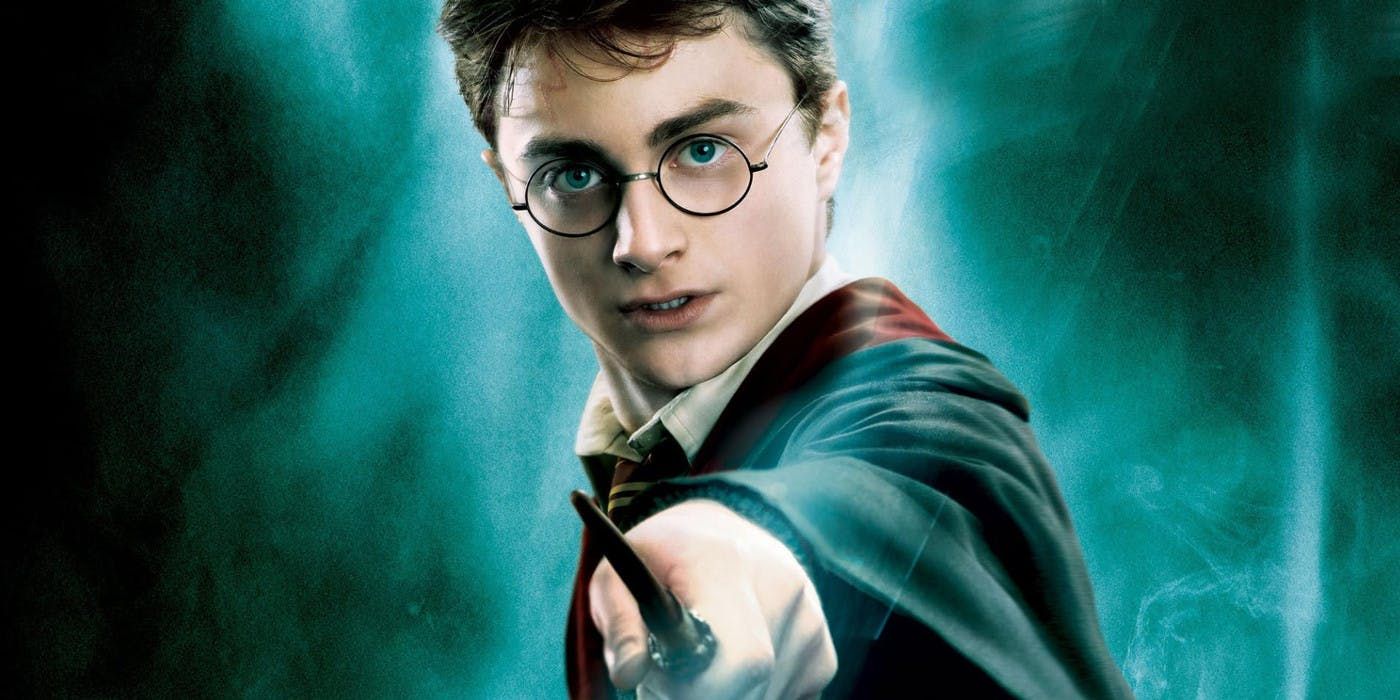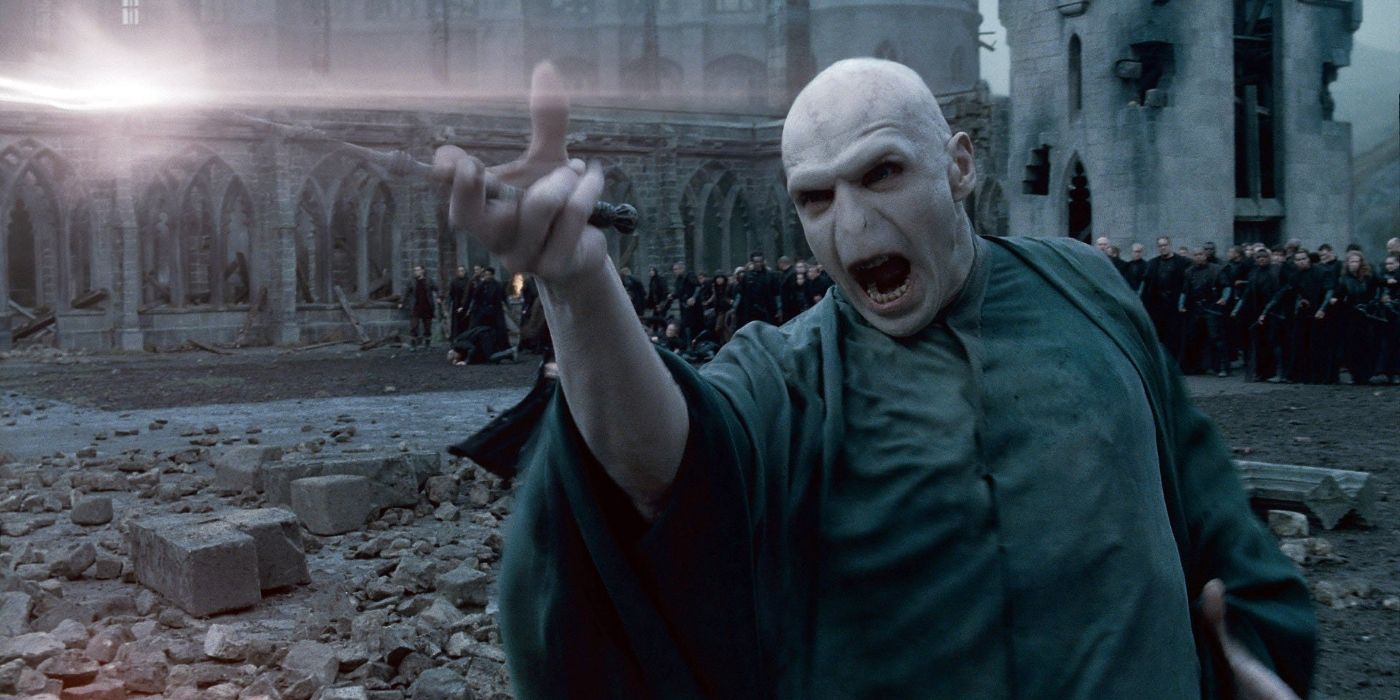Harry Potter fans know the Wizarding World inside and out, from the first word to the last. Potterheads around the globe regularly use terminology from the best-selling book series of all time, which has been translated into more than 60 languages, in their daily lives. In addition to the memorable characters and creatures, Hogwarts houses, Quidditch rules and spells are among the most popular elements of author J.K. Rowling's creation. But she didn't create it, like magic, out of thin air. Rowling was able to knit the Wizarding World together so seamlessly with the help of one language in particular: Latin.
Latin is considered a dead language, meaning it's no longer in everyday use by native speakers. But, the classical tongue of ancient Rome is the basis for many of the sentence structures and vocabulary words we use in modern communication, and it continues to influence literature a great deal. In the case of Harry Potter, it served as an inspiration and a resource for Rowling, who sought to unify her worldbuilding by rooting many of the people and place names, and especially the wand spells, in Latin.
Some of Hogwarts' most famous residents have Latin-based names. Severus Snape, for example, is notoriously severe. Anyone who knew that Lupin means wolf prior to reading Harry Potter and the Prisoner of Azkaban could've seen that plot twist coming. Harry Potter lore is littered with Latin references on more pages than not, but nowhere is it so consistently well-executed than in the practice of spellcasting. From A to Z, the magic of the Wizarding World seems so real because of Rowling's interest in etymology.
"Accio" literally means "I summon." "Lumos" was derived from "lumen," which we still use to quantify light. "Nox" is "night, and "Crucio" is "torture." Even some of the longer spells still narrate what they do, word for word. "Expelliarmus" translates to "I banish your weapons." "Priori Incantatem" reveals the prior incantation.
Rowling was smart to rely on a single point of origin for her spells. Not only does it make Harry Potter's magic seem as if it's part of a real culture, the arcane sound of the words themselves gives that culture a sense of a past. For Hogwarts to feel as though it actually exists, and has for a thousand years, the author had to establish such a culture, rich with mythology, tradition and a shared language that seems to have evolved over centuries.
She didn't choose Latin by accident. In a 2008 speech, Rowling quoted Seneca the Younger, whose ahead-of-his-time Ancient Roman philosophy about life and happiness have clearly informed the Harry Potter books as well as the author's worldview. Though the extinct language was commonly taught in British schools up until the 1980s, Rowling never studied it, and the way in which she samples from Latin is more creative than academic. But there, too, she's in good company. Latin has long been magic's favorite language, since at least the Middle Ages. It's the language of alchemy and of necromancy; both types of magic play important roles in the Harry Potter franchise.
Individual titles differ in the details, and writers (Rowling included) go to great lengths to put their own spin on the material. However, many works of fantasy literature are built upon certain archetypes. Witches and wizards, elves and fairies, griffons and dragons, enchanted goblets and cursed amulets -- many of these hallmarks of the genre can be traced back to the legends and languages of old. Tolkien famously composed his own languages for his Middle Earth stories, and Latin was one of the ingredients that went into that recipe. While J.K. Rowling didn't go quite so far in writing Harry Potter, she used the language of magic to successful ends. Latin might be dead, but phrases like "Wingardium Leviosa" and "Expecto Patronum" are now part of everyday conversation.



